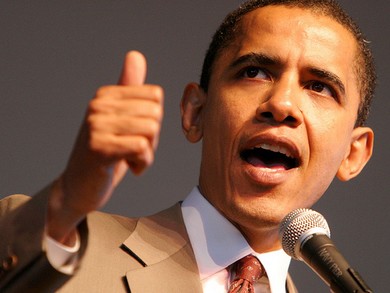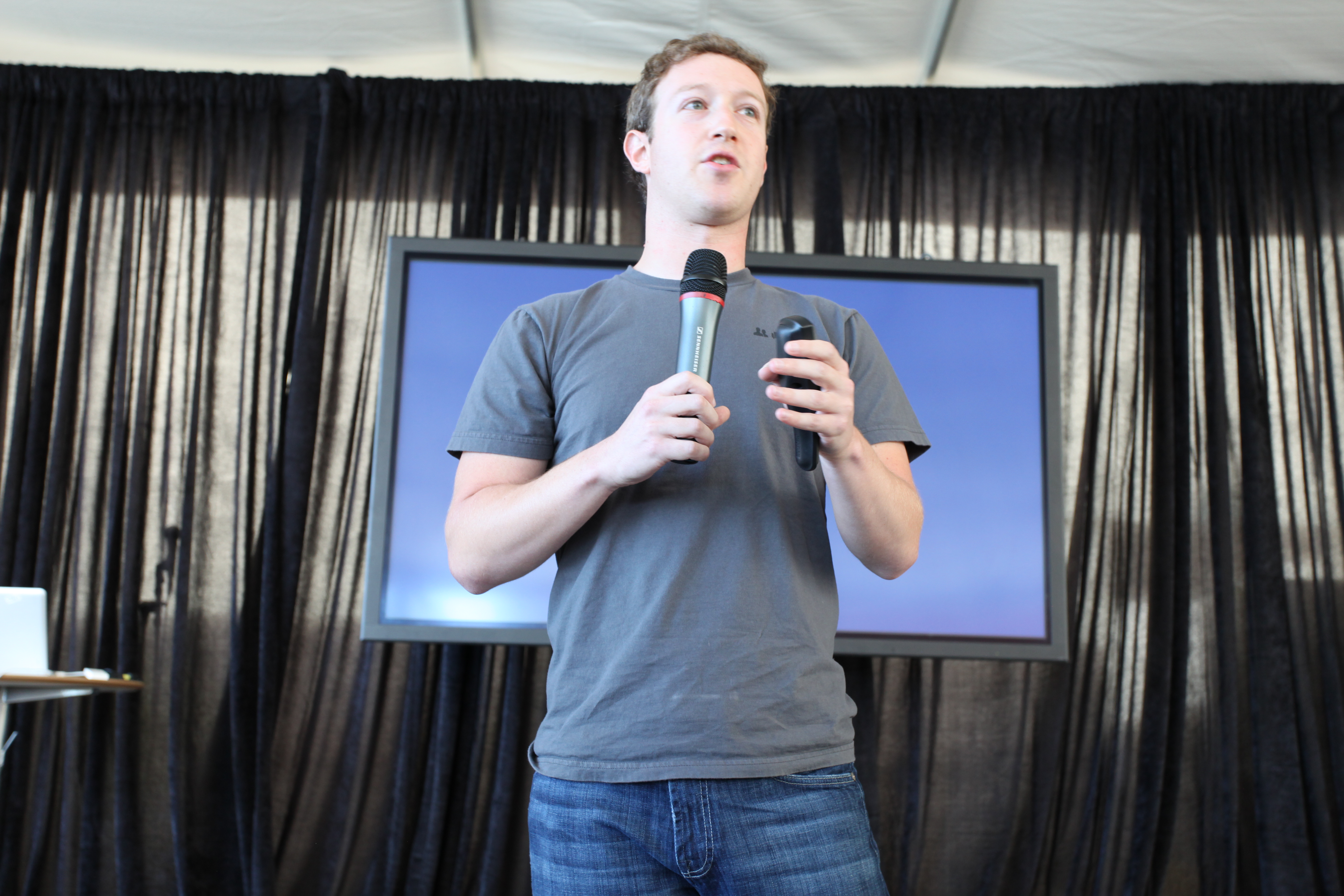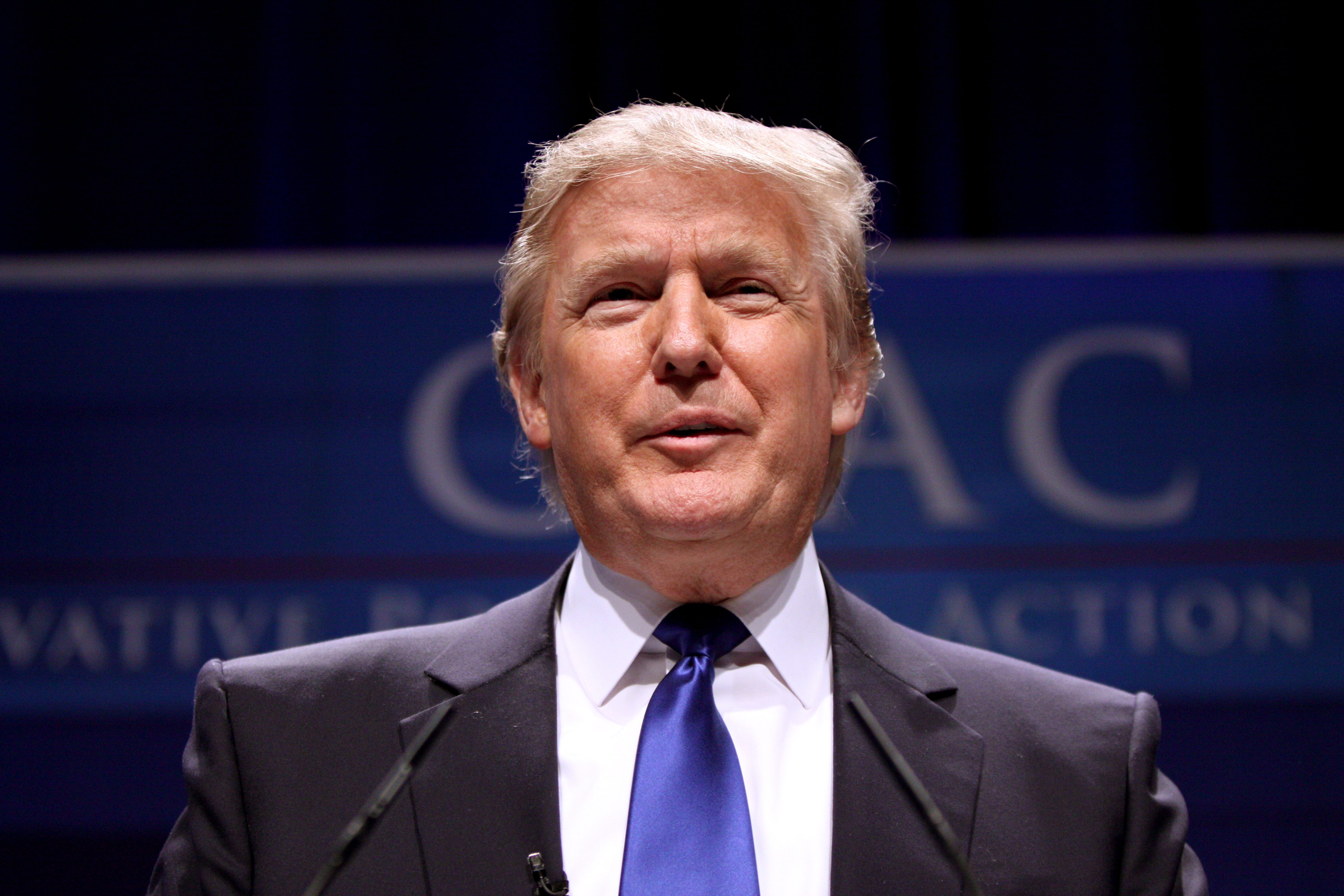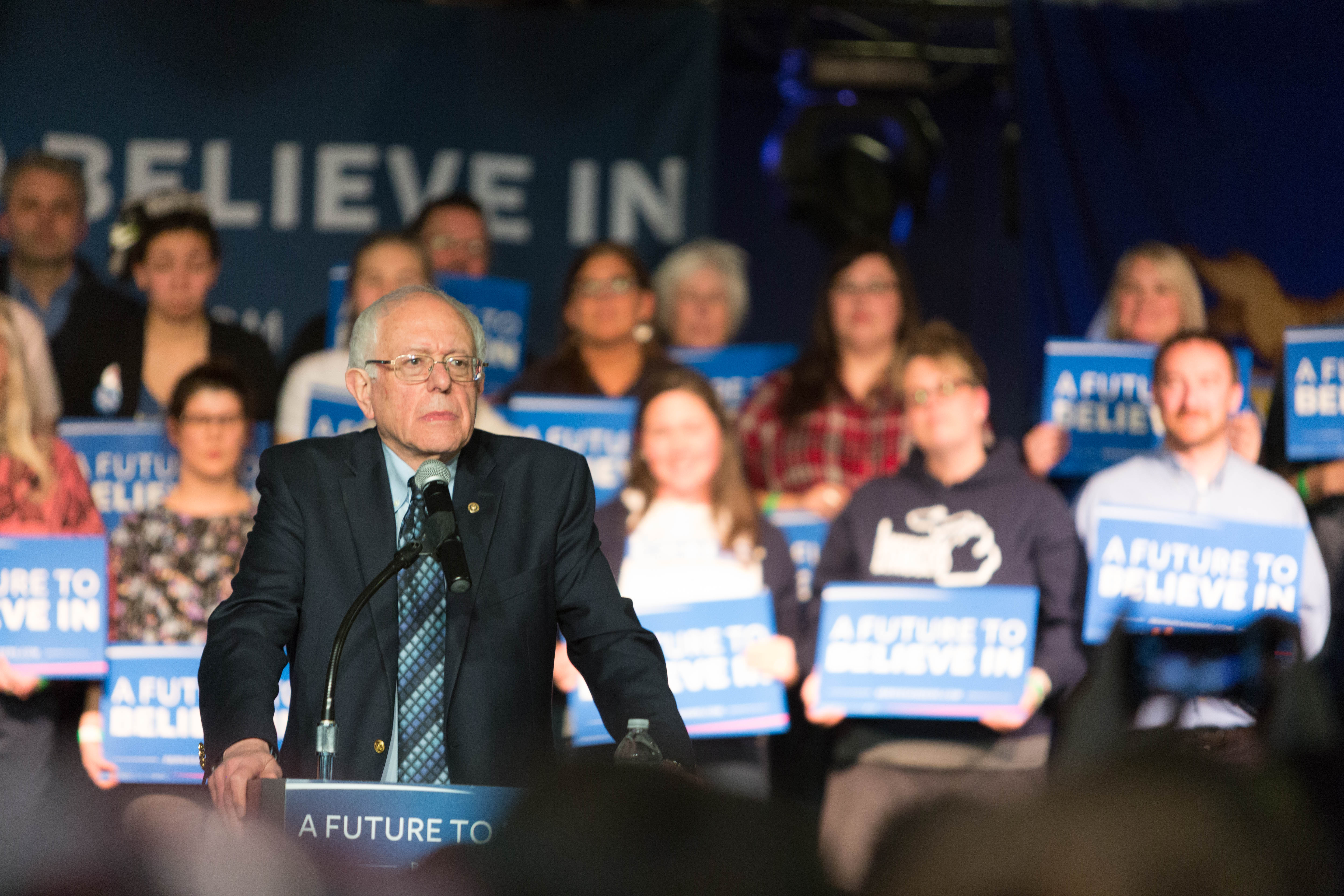Before John Kasich dropped out of the Republican presidential race, students in my spring course shared why they supported his candidacy. Students were given the opportunity to complete a candidate statement for extra credit where they were asked to write a 300-500 word statement about which candidate they supported and why. They were required to focus on two to three policy issues on which they agreed with the candidate on.
Out of the students who completed the extra credit, 33% supported John Kasich, 32% supported Bernie Sanders, 15% supported Donald Trump, 12% supported Ted Cruz, and 8% supported Hillary Clinton. Every few days, I will post some of their statements to this website in order to a) highlight their work and b) to provide some context on how today’s college students feel about the 2016 presidential candidates.
Here’s the schedule for the postings (in alphabetical order by candidate):
Today, we will hear from four students who personally support John Kasich.
Response 1, Garth R.
Out of the five remaining choices for president, the candidate I support is Governor John Kasich because he supports changing the Social Security system. Governor Kasich has specifically supported reducing the amount of benefits that are taxable from 85% to 50%. I support this because there are a lot of problems with the system right now and many believe the system will go bankrupt in the near future. If there are less taxes on the benefits, this would obviously give people more money to use and soften the blow of any cuts made on the system. Money from the general trust fund would be used to replace funds that are no longer available for the Medicare trust fund due to the tax cut.
Another change to the Social Security system Kasich has proposed is establishing Personal Retirement Savings Accounts. This plan proposes the ability to put two percent of an individual’s payroll taxes into the private sector. This will give Americans options with their money. The plan does not replace Social Security, but it gives people a choice to diversify their payroll taxes. Many people believe that they will never receive Social Security checks; this plan would provide safety for Americans in case the system goes bankrupt.
I also support Governor Kasich because of his fiscal policy: specifically, his policies on the U.S. budget deficit and corporate taxes. Kasich has a proven record of reducing budget deficits on the federal level and in Ohio. He has been the only presidential candidate to propose solutions that do not increase the deficit level. Kasich will make spending cuts and return a lot of power regarding spending of transportation, education, and other programs back to the states to eliminate wasteful resources spent on bureaucratic agencies. This will allow states to spend resources in a more innovative and useful way tailored to the individual state’s needs. For over 15 years now, presidential administrations have increased government spending and just passed it along to the next administration. Other candidates have only introduced spending plans that will continue to dig America into a bigger hole.
Governor Kasich has also proposed reducing the corporate tax from 35% to 25%. I support this plan because a lot of people, regardless of their political identity, are angry that U.S. companies are moving jobs overseas. Some candidates have proposed setting up trade restrictions and tariffs to try and make it more expensive for companies moving jobs overseas. However, this may only hurt consumers by forcing companies to raise prices to counter the tariffs. A better way to incentivize keeping jobs in the U.S. would be to reduce the corporate tax. A big reason companies try to move facilities and jobs overseas is because the U.S. has one of the world’s highest corporate tax rates. Instead of increasing tax rates and making it harder for companies to hire, we need tax cuts so companies can hire workers and stimulate economic growth.
Response 2, Nick S.
The candidate I choose to support in the 2016 presidential election is John Kasich. I have multiple reasons for wanting to support him; however, two of my strongest reasons are a result of his stances on energy and education. Kasich addresses multiple points with respect to energy in a speech documented by WMUR 9 ABC news station [1]. First, he stated that he believes that man has impacted climate change, but he’s not sure to what extent. Second, in terms of energy resources, he believes that we need everything that is available, including traditional sources of energy such as oil, gas, and coal as well as renewable sources of energy such as solar and wind energy. I agree with Kasich on both of these points. I think that climate change is a course of nature that will inevitably take place; however, I agree with Kasich in that I believe we have had a strong impact on our climate. I don’t believe this impact is a positive one but I also believe it is hard to find the truth due to the politicization of scientific results. Additionally, I agree that all current sources of energy should be utilized. I think that the oil, gas, and coal industries are necessary to continue serving our needs as we are heavily dependent on energy, but I also feel that continuously working to ensure that these industries are being clean and efficient is important to leave as little of a ‘footprint’ on our environment as possible. I think that renewable resources are a great investment of time and research but are not developed enough to support our needs entirely right now.
Kasich also has firm beliefs about education. In an education summit reported on by The Columbus Dispatch [2], Kasich stated that he believes in local control and high standards for education. I agree with Kasich on this point because I feel that non-local control of education results in a physical and emotional gap between the policy makers and the ones who follow their policies. Someone hundreds of miles away making decisions for a specific school district doesn’t have the time to focus on problems that are faced by students and their families in those districts. If the decision is left to someone who is local to the area, they will be much better equipped to handle the situation properly because they would already be familiar with local education conditions. Additionally, I believe that high standards must be set so that our students can achieve the greatest of their abilities.
Response 3, Meghan S.
In today’s climate, I believe that Social Security and foreign policy are the most important issues to be tackled in the 2016 elections. I will support John Kasich in this cycle because of his common sense approach to these issues.
Social Security as we know it is broken; the current model is unsustainable because of system abuse and the simple fact that people are living longer. In 2015, Social Security payments accounted for 24% of our total operating budget. As the former Chairman of the U.S. House Budget Committee, Kasich led the effort to balance the federal budget and cut taxes to allow us to begin to pay down some of our national debt. Upon being elected Governor of Ohio in 2010, the state faced an $8 billion dollar deficit and $0.89 cents in the rainy day fund. Kasich made hard decisions, balanced our budget, and grew our rainy day fund to over $2 billion dollars. He did this by restructuring government programs, which I believe needs to start with inflated government assistance programs.
With the rise of violent non-state actors, our country faces a kind of enemy we have never experienced before, most notably with ISIS. Many candidates have talked about cutting defense spending which is the exact opposite of what I believe we need to be doing when facing such an aggressive threat. Kasich is the only candidate to have laid out a spending plan for the next eight years in office, by calling for an increase of $102 billion dollars in defense spending. Last February, he took a bold approach and called for the creation of a combat coalition to fight ISIS. It is important to note that this plan was formulated before it was politically advantageous to wade into a policy war without yet being a presidential contender. Kasich, relying upon the 18 years he spent serving on the U.S. House Armed Services Committee, recognized a growing threat and crafted a plan before it was politically safe to do so. It is this brand of bold leadership we need to eradicate an even bolder enemy.
I support current Governor John Kasich for President because I have personally seen what he has accomplished in Ohio and believe he can bring this change to our other 49 states.
Response 4, Zoe W.
I value the lack of drama in governor Kasich’s campaign as compared to those of some of the other candidates. I especially support his stance on immigration because he has taken a relatively progressive stance on this controversial topic without being too bold. I agree that immigrants are viewed extremely negatively in this country and not necessarily for good reasons. He publicly rejects the demonization of law-abiding and hard-working individuals and differentiates between people breaking laws and living off of the resources of others and those looking for opportunity and willing to pull their own weight. He talks about the generalization of all immigrants as the former and has worked on humanizing the issue – it is not immigrants but human beings that people hear about and see in the media. I support this position because while I do not support people evading taxes and cheating the system created in this country, I believe there are good, honest people immigrating to this country who for whatever reason are not able to obtain legal citizenship immediately. I don’t think it’s fair that these people should be deported to impoverished countries where they have no chance at improving their quality of life, simply because American’s have a skewed view of how immigrants interact with our system.
I support John Kasich’s stance on higher education. He would like to see more students graduate from the higher education system and has initiated a 100 percent performance-based funding formula in Ohio that promotes keeping college costs low and strengthening Ohio’s workforce. I support these actions toward making higher education more accessible because although I don’t think college and graduate school are necessarily for everyone, I think equal access is extremely important. Being educated beyond the high school level is becoming increasingly important in the workforce today, and his actions thus far have shown a trend toward a more inclusive system starting at the state-level, which can be more faithfully regulated.
What about you? Why (or why not) did you support John Kasich?
*Responses shared with written permission from the authors. Replication in any form, without permission from the author, is prohibited
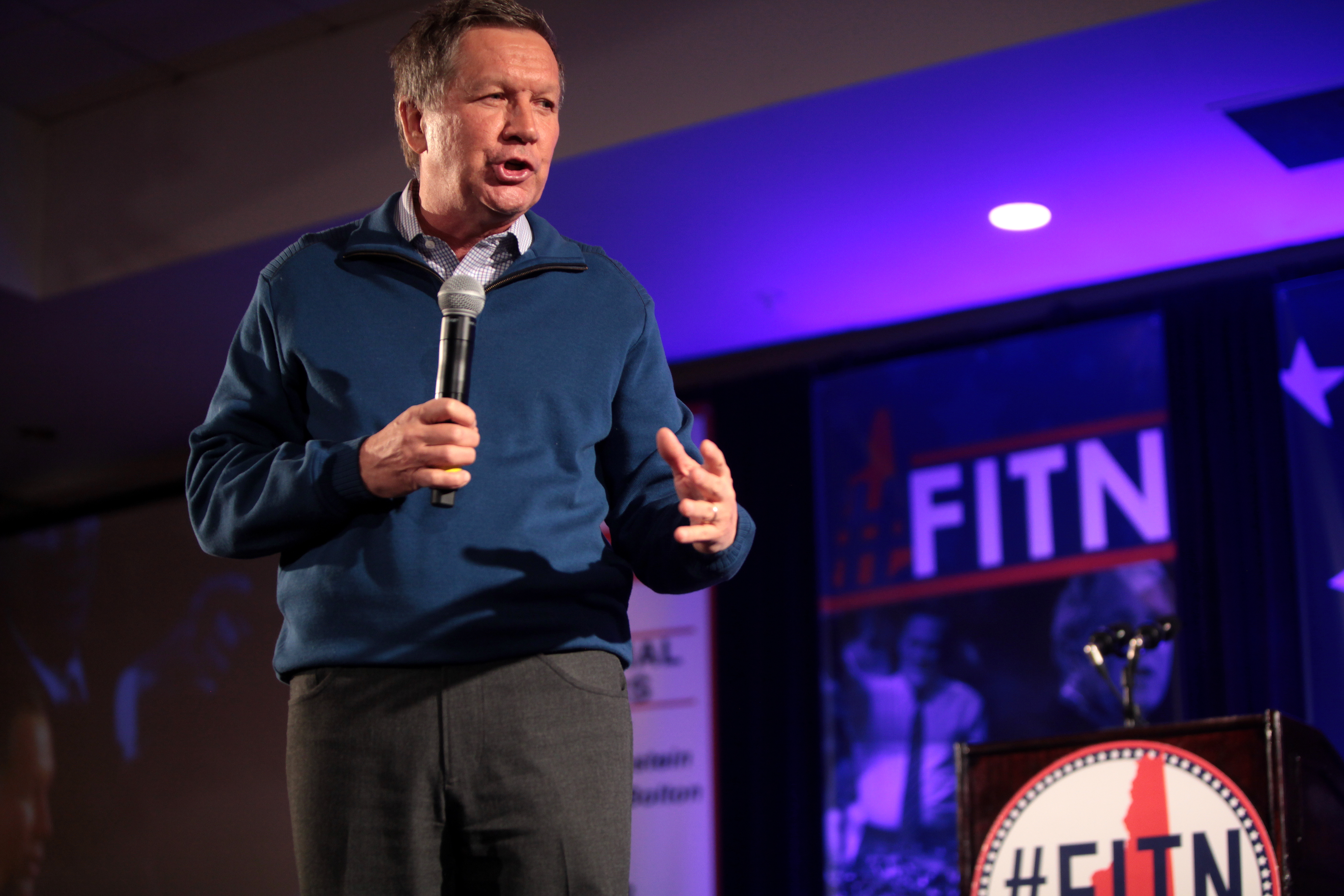
“John Kasich” by Gage Skidmore (CC BY-SA 2.0)
References
[1] DiStaso, John. “Kasich: ‘I Think We’ve Lost Some of Our Spirit’.” WMUR.com. WMUR 9 ABC, 23 Oct. 2015. Web. 14 Apr. 2016.
[2] Rowl, Darrel. “Kasich Talks at Education Summit in New Hampshire.” Dipatch.com. The Columbus Dispatch, 19 Aug. 2015. Web. 14 Apr. 2016.
